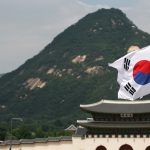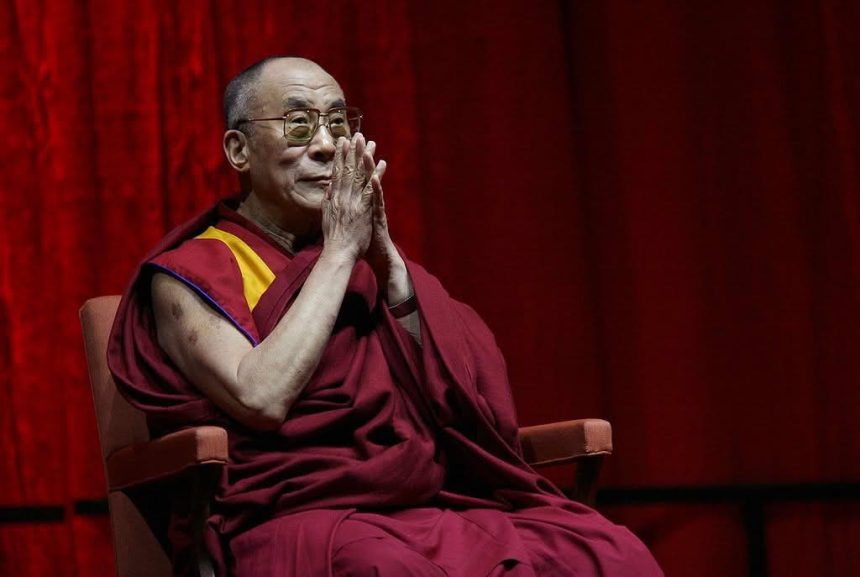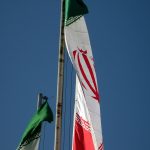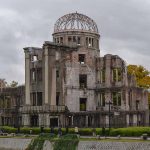Tradition vs. State Power
At 90 years old, the Dalai Lama reaffirmed that the centuries-old Gaden Phodrang Trust, set up by himself, will solely determine his successor through traditional Tibetan Buddhist reincarnation practices—directly challenging the Chinese government’s claim of authority over the process.
Clear Break from China’s “Golden Urn” Ritual
Beijing insists any reincarnation must follow Qing‑era rules: drawing lots from a golden urn on Chinese soil and be sanctioned by the government. The Dalai Lama countered that his successor will be born outside China and urged his followers to reject any Beijing‑appointed Dalai Lama.
Spiritual Autonomy and Cultural Identity
The trust will consult senior monks and Dharma Protectors—traditional custodians of the lineage—as part of the search. Tibetan officials emphasize that only Tibetans should decide this spiritual matter, a direct rebuke to Beijing’s efforts to “Sinicise” Tibetan Buddhism.
Beijing’s Immediate Pushback
China’s Foreign Ministry swiftly countered, stating that the Dalai Lama’s reincarnation must adhere to Chinese laws and rituals. Spokesperson Mao Ning insisted the government’s approval is non-negotiable.
Global and Diplomatic Stakes
Analysts warn a dual-reincarnation is now possible—one supported by the exiled Tibetan community and another by Beijing—raising the specter of competing Dalai Lamas. U.S. lawmakers have backed the Dalai Lama’s position and condemned Chinese interference. The succession dispute could reignite tensions over Tibetan autonomy, affecting China-India-U.S. relations.
Why It Matters
- Religious authenticity: Followers view reincarnation as a sacred, cultural process—not a political appointment.
- Spiritual leadership legacy: Preserving the integrity of the Dalai Lama institution is crucial for Tibetan identity in exile.
- Geopolitical symbolism: Control over the next Dalai Lama represents a broader struggle for soft power and legitimacy.
The Dalai Lama’s defiant stand signals a profound clash between spiritual tradition and state sovereignty—a clash that will shape Tibetan Buddhism’s future identity and reverberate across global diplomacy.











